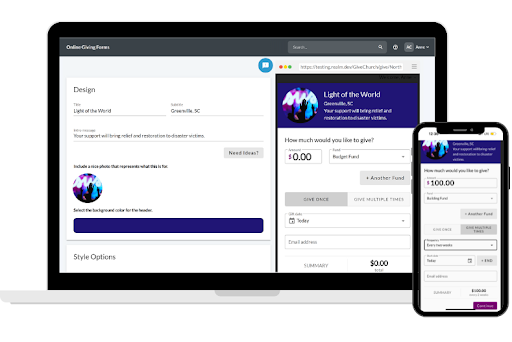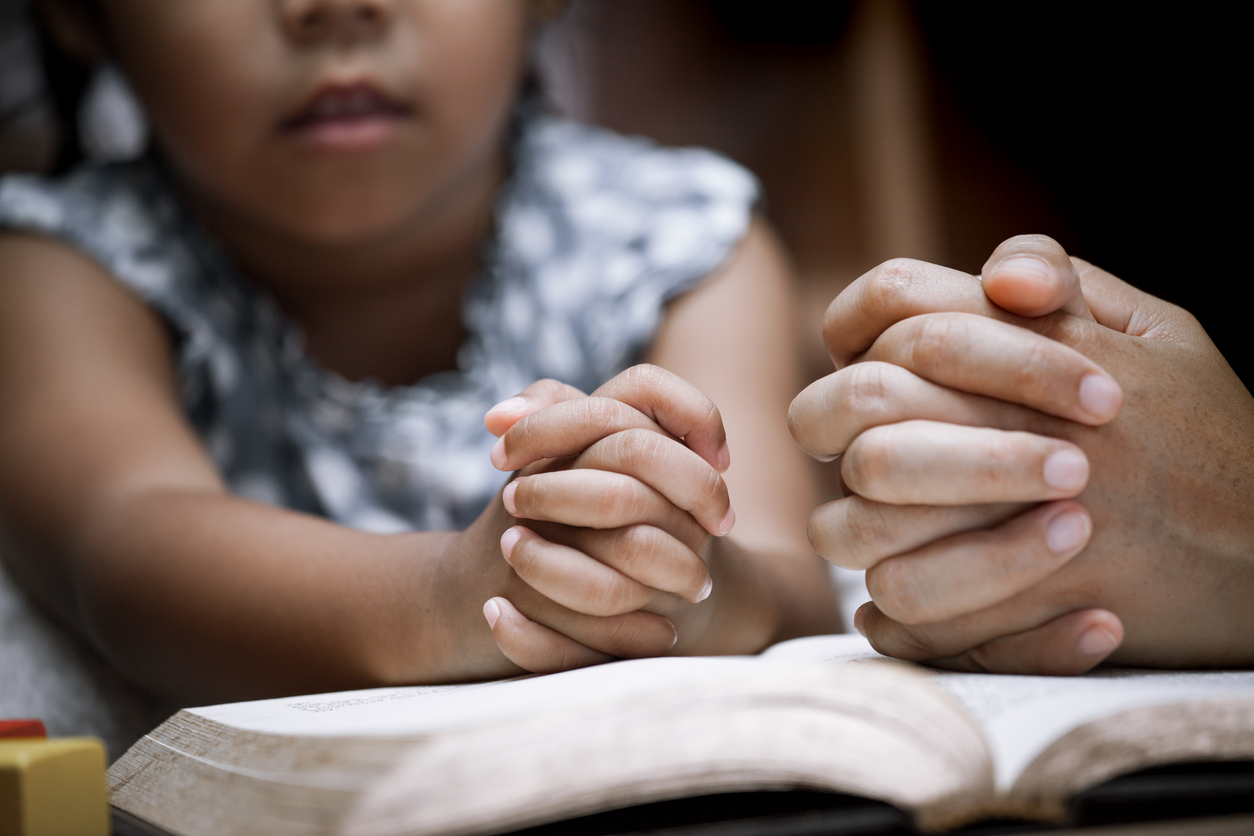As a society in the midst of the COVID-19 crisis, we have come to use the term “essential” for some jobs, industries, and companies. While this can inform our thinking, it can also be divisive. Who wants to be made to feel like their job or role is not essential?
Who or what criteria determines if someone is essential or not?
We have all seen memes, social media posts, and perhaps even a few news stories about how during the COVID-19 crisis, truck drivers have been the unsung heroes of our nation, without whom our whole economic system would have already shut down. There are plenty of stories of people singing the praises of truck drivers, appreciating them for their hours of work to get the goods to stores across America. Interestingly, however, some are reacting to the notion that these faithful truckers have been historically underappreciated until a time of crisis has now revealed how much we value and depend on them. They have always worked long, hard hours getting the goods to the stores. Sadly, few took the time to notice.
What about the arts and the artists? With much of the country under stay-at-home orders, what do people spend their time doing? Watching television, movies, and documentaries, and listening to music and podcasts. Museums and art galleries have started doing virtual tours of their exhibits so people can enjoy them via the internet. All kinds of art-related things that had previously gone unnoticed played only in the background or previously been undervalued are now the focus of a new level of attention and global exposure.
There are plenty of other examples of this new view of what it means to “value” someone. A family may not explicitly value an orthopedic surgeon until their teenage daughter injures her knee, requiring reconstructive surgery. A man may not value a dentist until he cracks a tooth and needs it fixed. A woman may not value the person at the gym who keeps the place clean until a public health crisis erupts. Children in schools may not realize the value of their teachers until they can’t see them face-to-face. The list could go on and on. There are countless professions and occupations that go unnoticed by many of us until we need them and no longer have them.
What we are seeing emerge as we battle this virus is the concept of “relative” or “situational” value.
Depending on the current situation, the value of a wide variety of roles increases or decreases. What makes this discussion relevant for us as church leaders, however, is the role of the Church in these current, unprecedented times. Is the Church essential? Has our relative or situational value as the body of Christ changed? What is there for us to learn in the midst of a global pandemic?
It’s time for us to be honest about how we perceive our value as a local church and as church leaders. Have we put more stock in the programs we run than we have on the relationships we’ve built with our people?
We are all aware that online church programming has emerged as the new normal. We are, for a time, no longer able to meet with our people in person. Therefore everything has transitioned to the virtual world. This includes weekend services, youth group meetings, Bible studies, and small groups. In the past, only those churches with big budgets were the ones online. Now, nearly every church in the country is going online, and most of them are doing it with low budgets and home-spun production benefits. But you know what? No one cares. No one is complaining about low technical quality. They appreciate and recognize the effort of the churches to continue to be there for their people in spite of not being able to open their doors.
So, what then is more important? Polished, professional programming? Or the genuine, sincere effort to be available to people? It would seem the latter is more important right now, in this time when people everywhere are craving human interaction of any kind. This realization can inform our thinking going forward, even after the stay-at-home orders are lifted and the world begins to re-emerge once again.
As leaders, we should be looking right now to evaluate what our relative or situational value has been until a few months ago.
We need to be honest with ourselves:
- Have we overestimated how important our local church, its building, and its programming was in people’s lives?
- Were we more of a consumer commodity people could do without but were happy to consume if it was convenient?
- Have we undervalued the power of personal connection and relationship?
- How can we, as the Church, continue to add real value to people’s lives in a way that stands the test of time and circumstances?
In this time of crisis, we must genuinely love and serve our people regardless of our ability to have them come through our doors. Our efforts during this time will help us show God’s heart for His people, which they will respond to by valuing the Church even more going forward into the future, no matter the situation or circumstance.
Read More:




